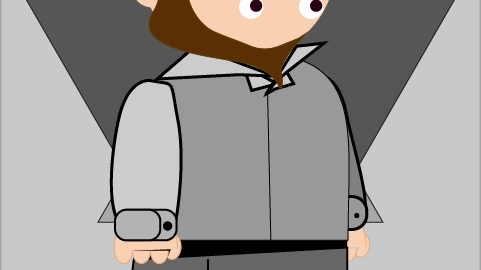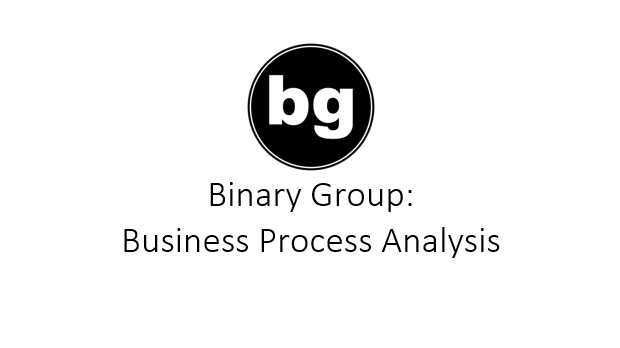Concept Overview
Gradnet is a networking prototype concept that aims to more directly connect students and alumni with industry professional through academic prestige and subject relevance.
Case Study: UofT's iSchool
As part of the Masters of Information Program, particularly the User Experience Design and Information Systems Design concentrations, students are required to participate in a co-op outreach program where candidates are expected to seek out internships independently. This process can be difficult as only a handful of companies offer outreach towards the program. As such, many students are forced to explore options independent of the university's network, in addition to managing the Master's course load.
Proposal
Gradnet would act as a networking hub between employers looking to recruit co-op students as well as recent graduates; connect professions and academic staff with industry professionals for seminars and live case studies; as well as allow students and graduates to see how their skills honed in academia are demanded in their appropriate fields.
User Types
Initial Research: Student Users
Initial research for this prototype was conducted amongst MI students, as they were the primary user group in question. Many of them voiced concern over the lack of networking opportunities or the difficulty engaging with industry professionals. Many students did not have a vast professional network prior to their master's candidacy, and were looking to expand this network through the MI Program. Other concerns included:
Most job fairs/ networking events are too generally targeted
Large crowds make it difficult to create valuable conversations with recruiters
"Is Networking Stressful"
"Opportunities In Networking"
Student ProtoPersona and Empathy Map
The initial protopersona focused primarily on the needs of the students, as was the primary focus group. Our persona, Jenny, is an MI student who is looking for UX job opportunities but finds her networking options to be diluted with other students from different streams. Additionally, when she attends networking events, they are often densely packed, making it difficult to create quality one-on-one time with recruiters.
The initial low fidelity prototype attempts to address the key pain points surrounding Jenny's networking journey, primarily finding networking events that are relevant to both her interests as well as her skill level.
Revising the Use Case for All User Types
Case Scenario 1: Student
A graduate student is currently looking for internships for a co-op course they have enrolled in. Given the students' previous academic and professional history, as well as the subject matter of the course, the Gradnet bulletin board recommends them placements from most to least compatible. The student can further streamline the list by adding filters based on location, skill requirements, and skill level. From there, the supervising professior can see what placements the student has applied for, as well as endorse the student for the placement should they desire to do so. The client (also within the Gradnet ecosystem) can then accept or reject the student's placement request, or contact the student directly before making a decision.
Case Scenario 2: Recruiter
An informational seminar is being held at the University of Toronto. Graduates, recruiters, and current students are permitted to attend. Recruiters and professors responsible for hosting are able to view the guest list on Gradnet, which also allows them to view the profiles of attendees. Upon completion of the seminar, all attendees, including the hosts, will have the event and its contents updated on their Gradnet timelines. Hosts can commend attendees and vice versa, these commendations will appear on the appropriate users' timelines.
Case Scenario 3: Professor
A new instructional course has been launched at UofT's iSchool campus. The course processor tags the course under specific field professions such that recruiters and employers within the Gradnet ecosystem can see it. Recruiters can then submit request such as access to the course content and syllabus, class lists, as well as submit requests for guest lectures or class attendance.
Medium Fidelity Web Prototype
[prototype under construction; thank you for your consideration]
Next Steps and Future Research
Evaluating systems design process within the existing academic infrastructure (i.e. Quercus) and assessing the viability of collaboration with a networking platform such as Gradnet.
Designing an application system for business that wish to collaborate with universities and colleges in this manner (as well as the appropriate business and cost model for such a service)
Software Used:
Adobe Illustrator
Adobe XD
Figma



